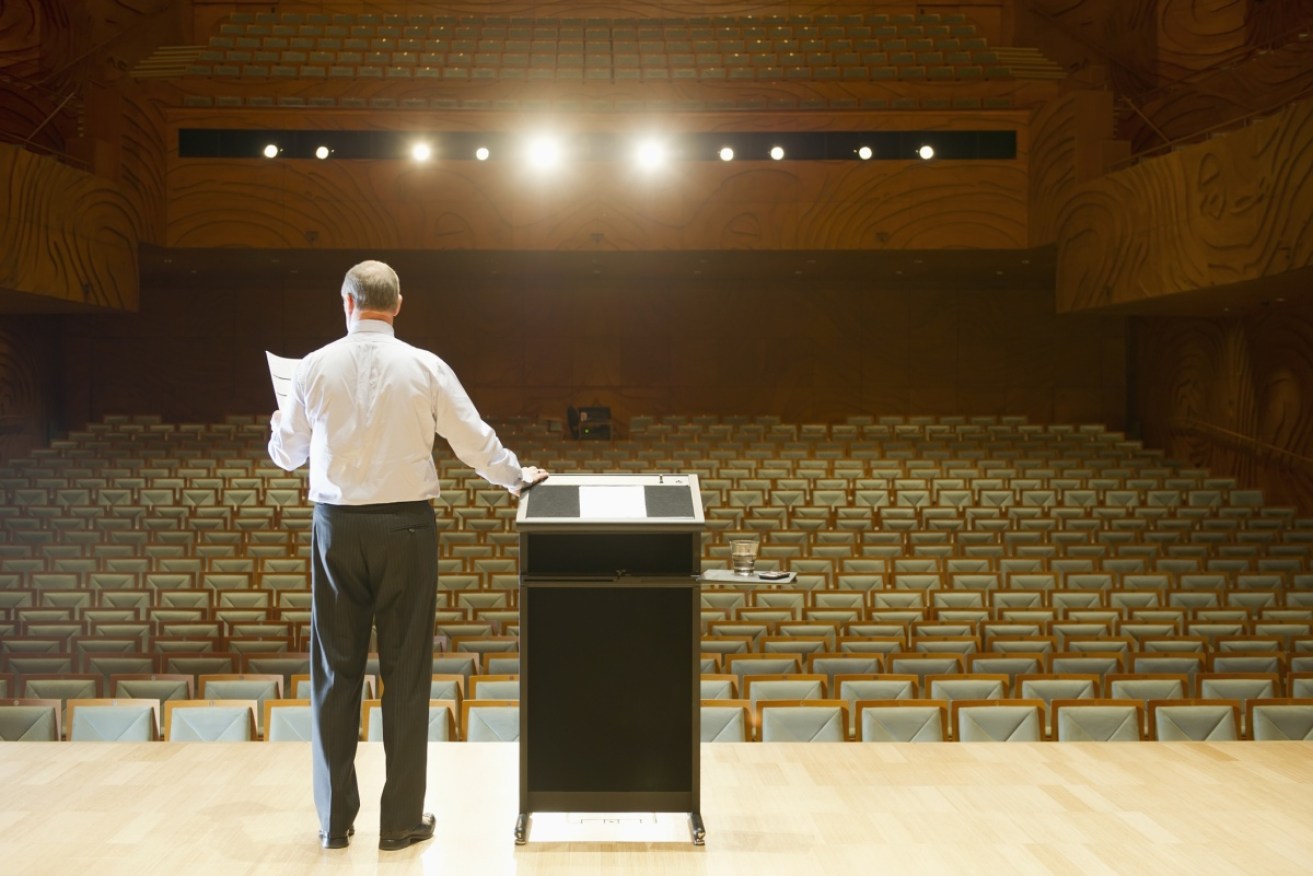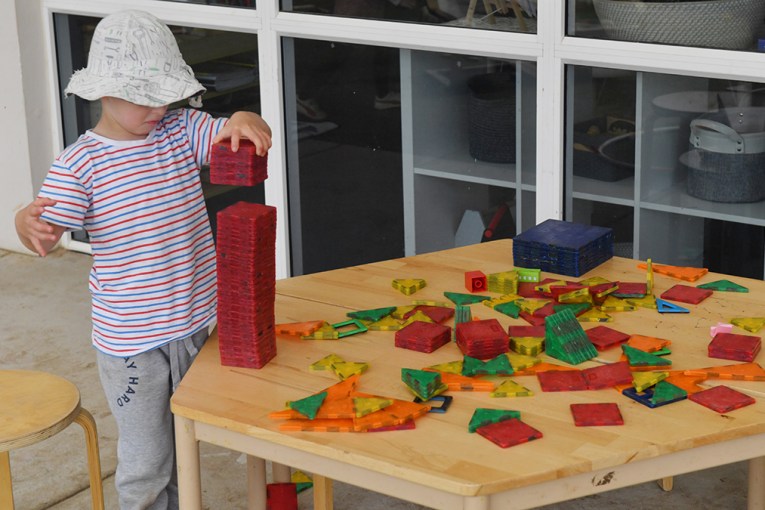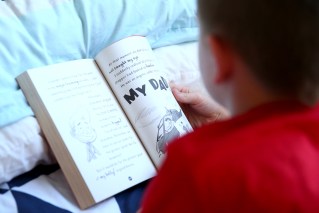Talk to the chair: It’s lonely being a university lecturer, post-pandemic


Our institutions really are some of the best in the world, but it is unsustainable unless we do more as a nation in our approach to higher education. Photo: Getty
University lecturers claim they are merely talking to themselves as the shift back to on-campus learning is yet to take effect.
Dozens of photos and confessions posted to social media by educators nationwide demonstrate how the COVID-19 pandemic has dramatically altered the university experience – for educators and students.
The startling snaps come as new data reveals that student satisfaction at universities is below pre-pandemic levels.
Lecturing empty chairs
Universities had to deliver remote learning during the pandemic when lockdowns meant students could not attend classes in person.
But although lockdown restrictions have lifted, university lecturers say it has become normal to lecture to an empty room.
A Twitter thread started by an Australian professor on Monday ignited a discussion about in-person education post-COVID.
Jan Slapeta, professor of veterinary and molecular parasitology at the University of Sydney, posted a snap of his empty lecture room.
Tweet from @JanSlapeta
The tweet received more than 2000 likes and hundreds of replies within 48 hours, with other university lecturers sharing their post-COVID experiences.
Queensland University of Technology retail and consumer expert Gary Mortimer said he could relate to Professor Slapeta’s frustrations.
“I feel your pain,” wrote Professor Mortimer, with a photo of a bare auditorium.
Tweet from @ProfRetail
Lecturer in criminology at the University of Melbourne, Dr Sahar Ghumkhor said she, too, had seen low attendance from her students this semester.
“I have about 120 students this semester and usually have about five to seven show up,” she replied.
“I had one [student] in my lecture yesterday (class of 90),” wrote associate professor at Griffith University Tina Skinner-Adams.
This isn’t the first time Professor Slapeta has shared his frustrations, having detailed a similar experience earlier in the year.
‘‘Shock! 9am lecture – no one! Where are they?’’ he tweeted in May – alongside another photo of empty chairs.
‘‘My first lecture for this cohort, so hopefully not a reflection on me. I was told to give the lecture anyway, because some might be watching it streamed.
‘‘50 min discussion with chairs. Is this what Uni is now? Help @Sydney_Uni.’’
Changing it up
The University of Sydney had been ‘‘moving away’’ from larger lectures, instead focusing on different learning opportunities, a spokesperson said.
“We do still offer some larger lecture-style classes both online and on campus, but have been moving away from this format – where it’s mainly a teacher talking – for some time,” they said.
“We were delighted to see so many of our students back on campus in Semester 1, with around 30,000 attending each week during May. Currently, there are more than 40,000 people on campus each week including large numbers of students – while remote options are still available for those unable to attend in person.”
Addressing the National Press Club on Wednesday, vice-chancellor at the university, Professor Mark Scott, said the university’s campus was bustling with students.
‘‘This year we’re back on campus, in force,’’ he said. ‘‘We still have many international students unable to be on campus due to local lockdowns and limited access to affordable flights.
‘‘Yet many more [students] have made it back for second semester. The university is once more alive and humming with the energy of students and staff.’’
He acknowledged the importance of face-to-face learning – and that it needed to be a priority.
‘‘Online teaching throughout the COVID lockdown underlined for us just how compelling in-person learning is for our students. Particularly our undergraduates,’’ he said.
The university’s spokesperson was unable to confirm to The New Daily by deadline what attendance levels were before the pandemic.
They said minimum attendance requirements for students varied from discipline to discipline.
Student dissatisfaction
The Quality Indicators for Learning and Teaching (QILT), a suite of national higher education surveys endorsed by the Department of Education, surveyed 264,660 students in 2021 to gauge their higher education experiences.
The survey, released this week, found 73 per cent of students reported having a positive overall university experience in 2021, compared to 69 per cent in 2020, when national student satisfaction hit an all-time low.
However, 73 per cent is still a long way from the previous national standard, with students reporting between 78 and 80 per cent overall satisfaction between 2009 and 2011, when the annual surveys began.
The survey found just 42 per cent of students felt they belonged to their higher education institutions, down 10 points from 2019.
Overall, 19 per cent of respondents said they had considered leaving their institution in 2021, citing ‘health and stress’, ‘study/life balance’ and ‘workload difficulties’ as their key motives.
Universities Australia chief executive Catriona Jackson said more work needed to be done to engage students on campus.
“We know there’s more to do to return satisfaction levels back to peak pre-pandemic levels,’’ Ms Jackson said.







